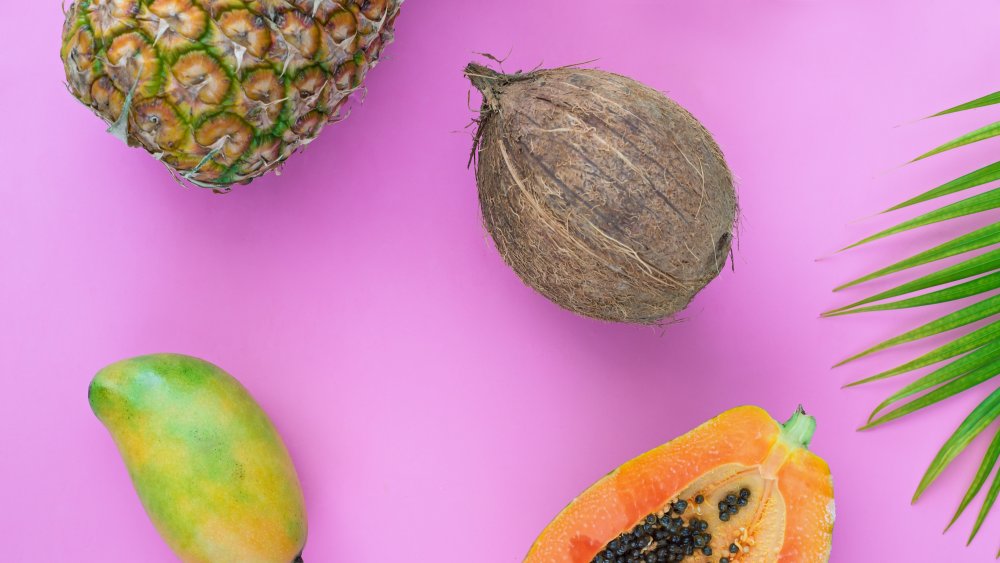The Real Reason Organic Food Is More Expensive
We all know the reasons why we're supposed to be eating organic — it's healthier for us and it's better for the planet. All this may — or may not — be true, but there is one pretty significant roadblock that stands in the way of everybody converting to an all-organic diet, and that is the simple fact that organic equals significant price bump. So why is it that organic food is such a budget buster?
For starters, we need to take a look at just what constitutes "organic." With produce, organic means the fruits and vegetables were grown without the aid of pesticides or fertilizers containing USDA-specified prohibited substances. Organic meat comes from animals raised in a "natural" manner, such as grass-fed beef or free-range chicken, and cannot have been given any hormones or antibiotics.
The simple explanation for why organic food is so pricey lies in the fact that adhering to the USDA's standards for organic production costs more than typical factory farming, and that price increase is, of course, passed along to the consumer.
Other factors affecting the expense of organic foods
According to the Food and Agriculture Organization of the United Nations, there are other factors affecting the price of organic meats and produce besides higher production cost. One of these reasons is that it is also more expensive to process and transport organic goods after they are produced, as they must be kept separate from the larger volumes of non-organic items.
These smaller volumes also make it more difficult to market and distribute organic products — in other words, producers of organic goods must spend more in order for their items to find their way onto store shelves and into your shopping cart, and you just know who's going to be picking up the cost for that. Finally, there just isn't as much organic food being produced as non-organic, and at present, the demand for it greatly outstrips the supply, which means, you guessed it, higher prices!
Produce you can save money on by buying non-organic
The good news is, it's possible to practice clean eating, at least when it comes to fruits and veggies, without having to cough up big bucks for organic produce. While certain products, particularly thin-skinned ones such as grapes, apples, and potatoes, can be very high in pesticide residue and are best replaced with organic varieties whenever possible, there are a number of other foodstuffs that are generally considered to be pretty safe to eat no matter how they were produced.
These items include produce with a thicker skin, such as pineapple, avocado, and cantaloupe (via Harvard Health). Even if you're just looking around in the aisles of your grocery store, however, it's good to know that there are still a few healthy things you can enjoy without having to spend your "Whole Paycheck" at America's premier purveyor of pricy produce (otherwise known as Whole Foods).


